This article was originally published in Apartamento magazine issue #24.
Los Angeles: Swedish pop star Lykke Li has finally settled down in Los Angeles. Since releasing her long-awaited fourth album, so sad so sexy, in 2018, the 33-year-old artist has digested the trauma and triumph of the past few years. While writing so sad so sexy, Li had just given birth to her son, Dion, split from her long-term partner, producer Jeff Bhasker, lost her mother to brain cancer, and ended a decade-long relationship with her record label. But all this is a distant memory now as she is sitting in the home she recently purchased. ‘I basically planted all my royalties’, she says as she leads me to the impressive garden behind a wall of glass windows that opens up the back of the house. Her home, hidden up the curvy hilltops above Hollywood, is open, minimalist, yet comforting. We walk through the house and Li points out her favourite pieces: a circular mid-century couch she had reupholstered, the vintage Steinway piano she hunted down, art by Moley Talhaoui and Robert Motherwell, wallpaper in the main bathroom imported from Sweden by designer Josef Frank to remind her of home. ‘I want to show you something’, she says as I follow her into her bedroom. The master suite is simple: a plush bed complete with a Gio Ponti headboard, a table by Gae Aulenti (which she purchased years ago during what she refers to as a ‘woman-under-the-influence’ crisis), and a big stack of books that line the wall by the entrance (Anaïs Nin and Jenny Holzer titles pop out in heavy rotation). ‘I’ve been so exhausted in my home life. I’ve been to a million hotels, so I have it dialled in and all I need is a bed, some books, and darkness, so’. Li reaches for a remote control, clicks the button and smiles as a green velvet curtain slowly moves across the entirety of her floor-to-ceiling glass walls, blocking out all traces of the Los Angeles sun and her garden. ‘Like, ciao’. She beams and waves. ‘When I do this, I think, “Mom, I made it so fucking big”’.
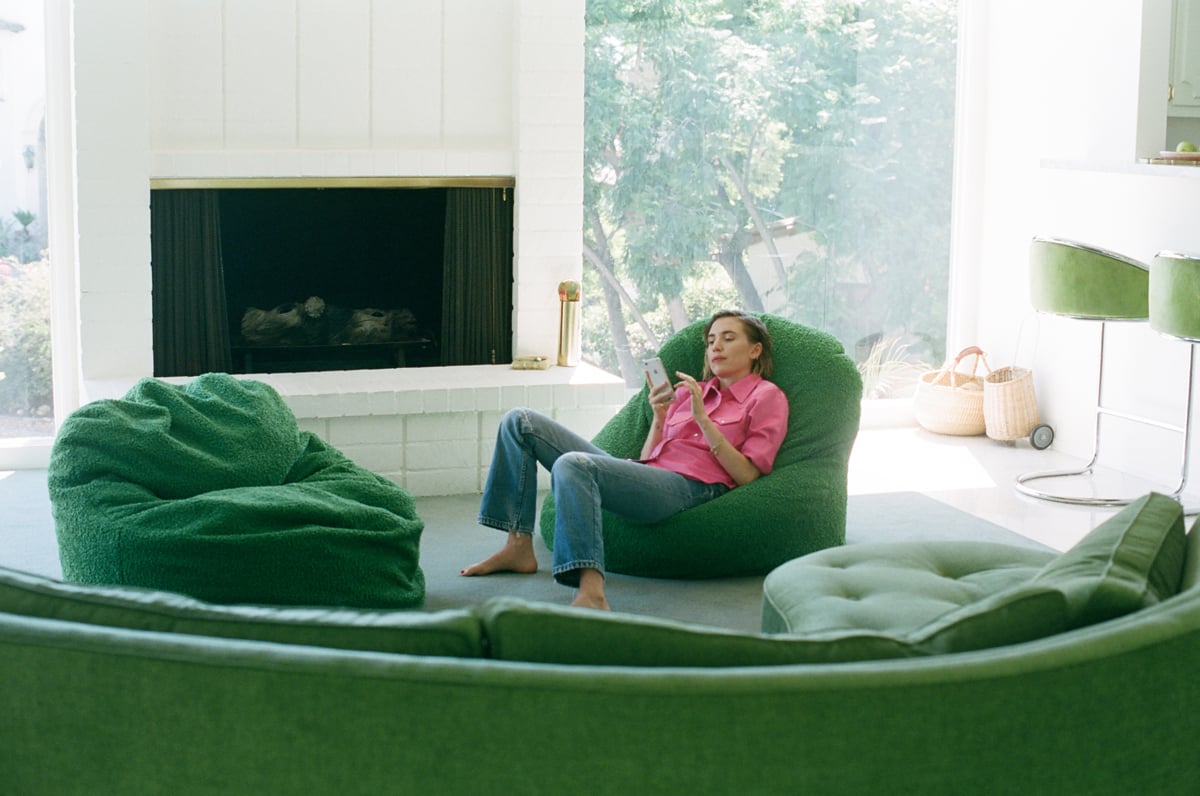
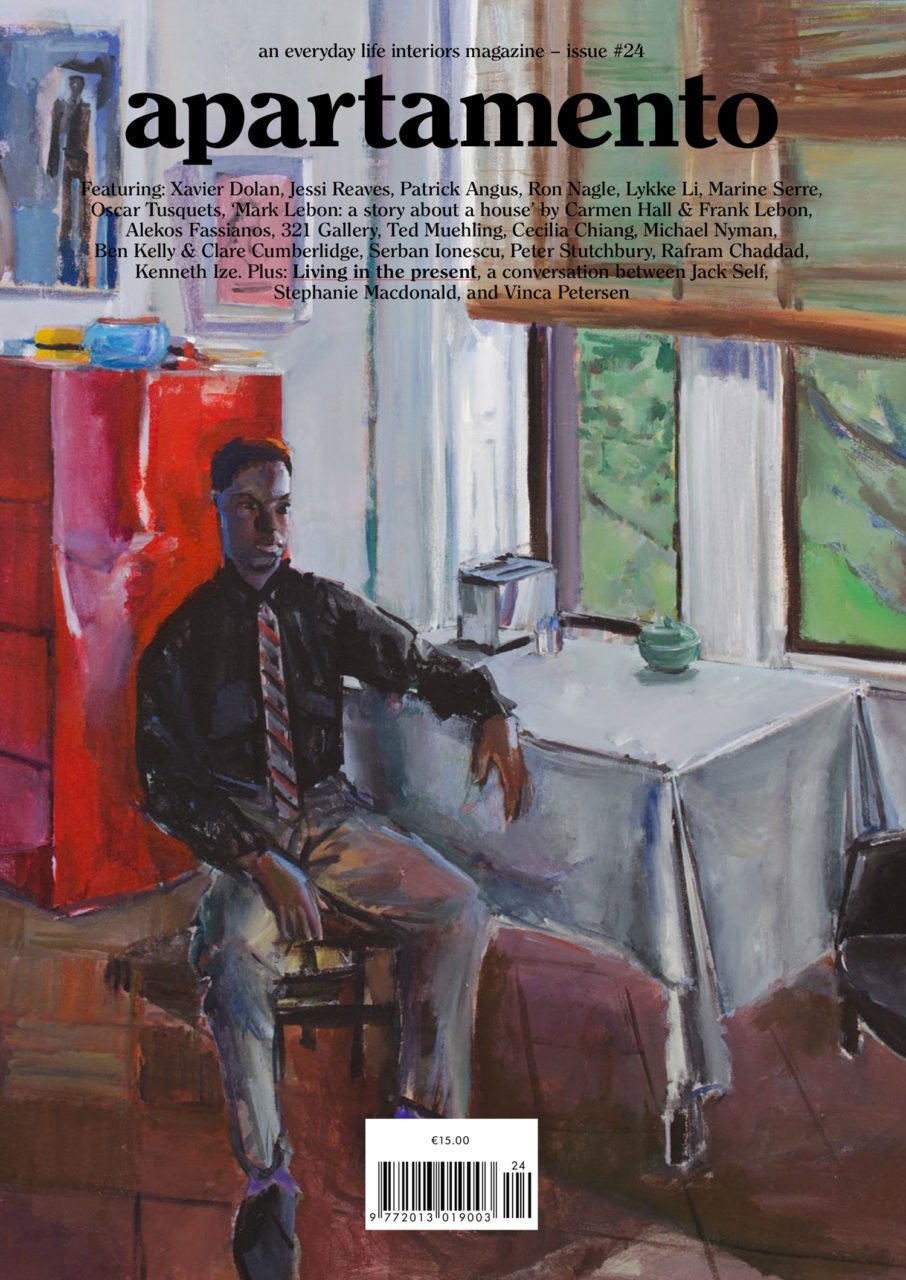
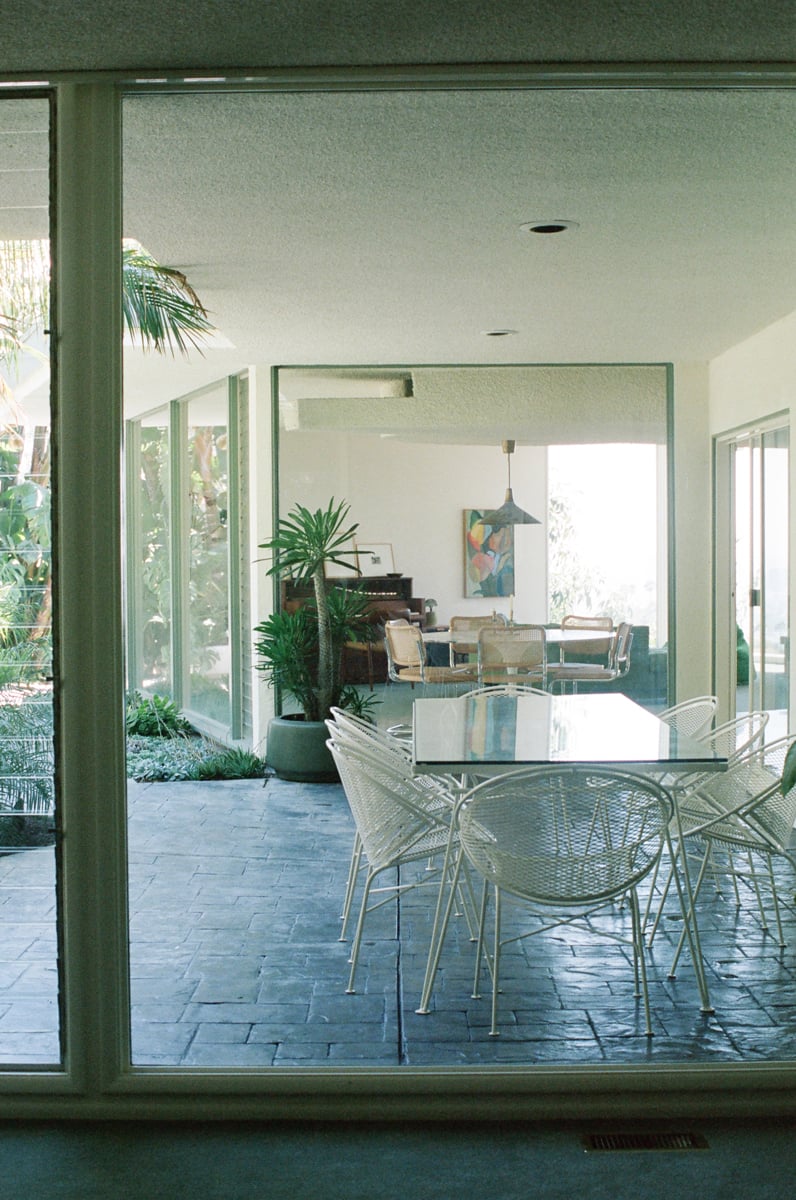
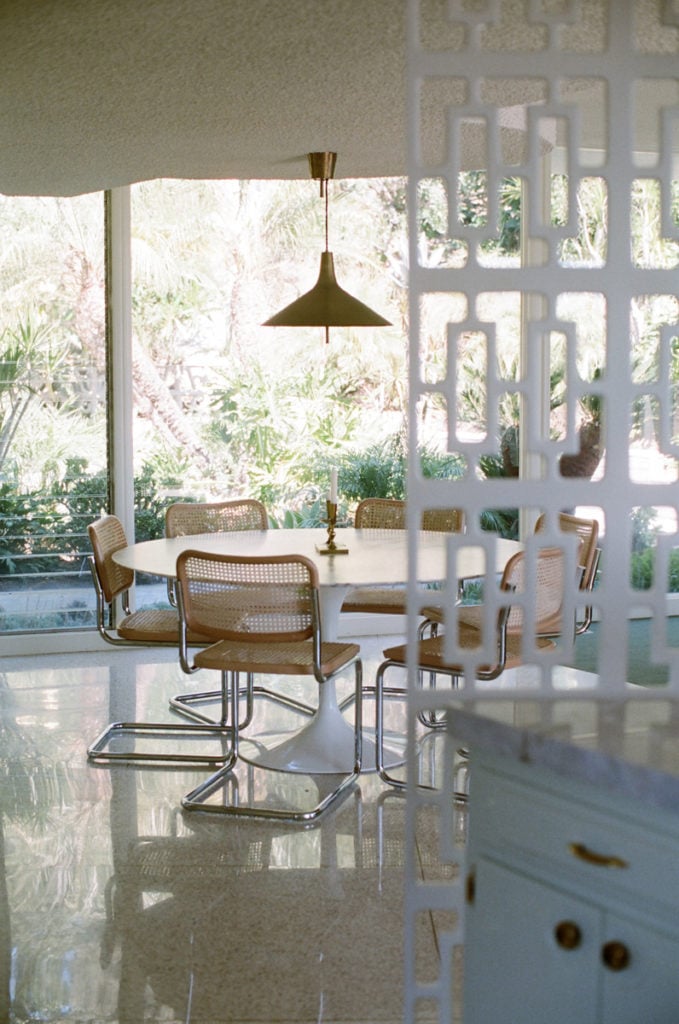
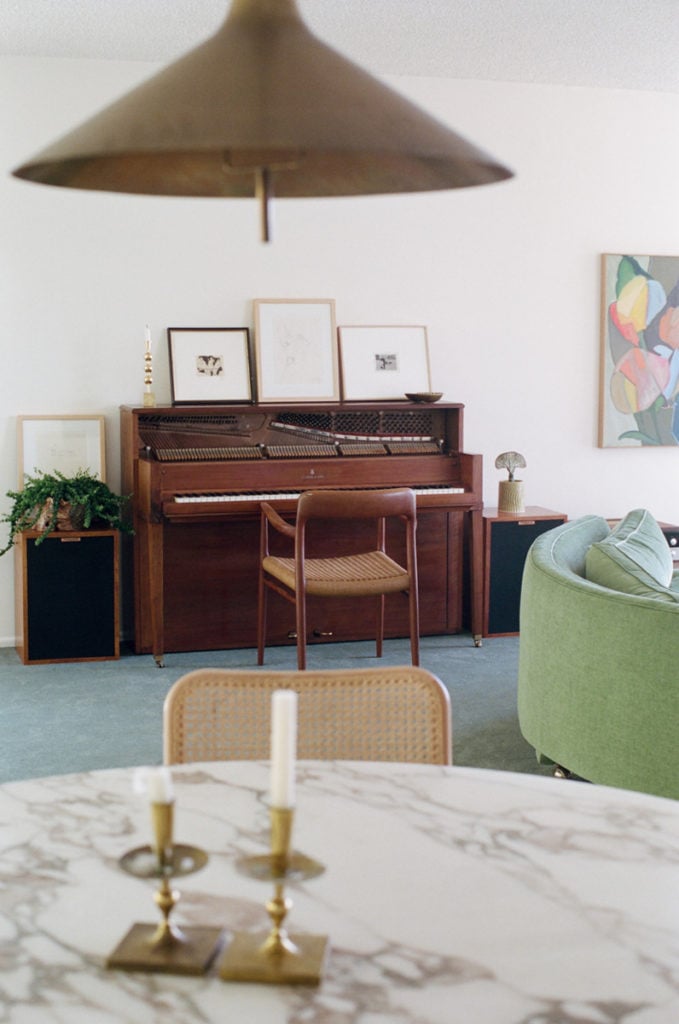
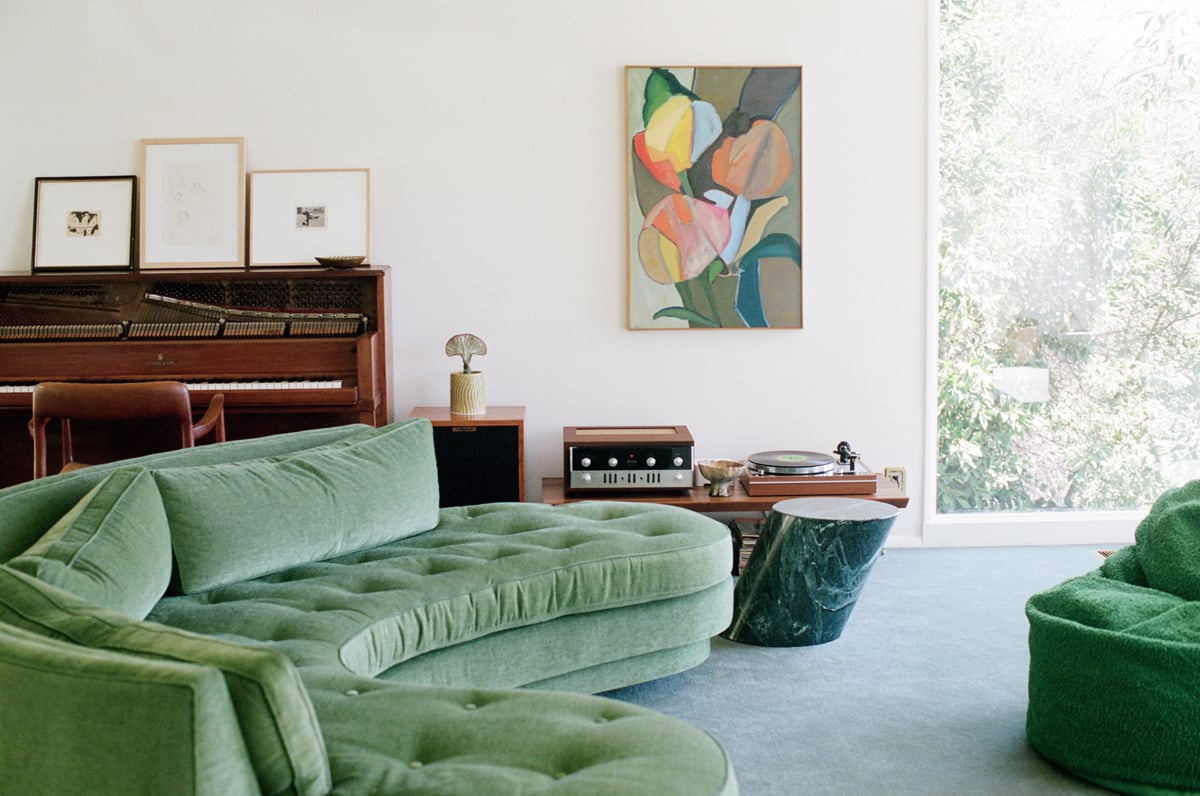
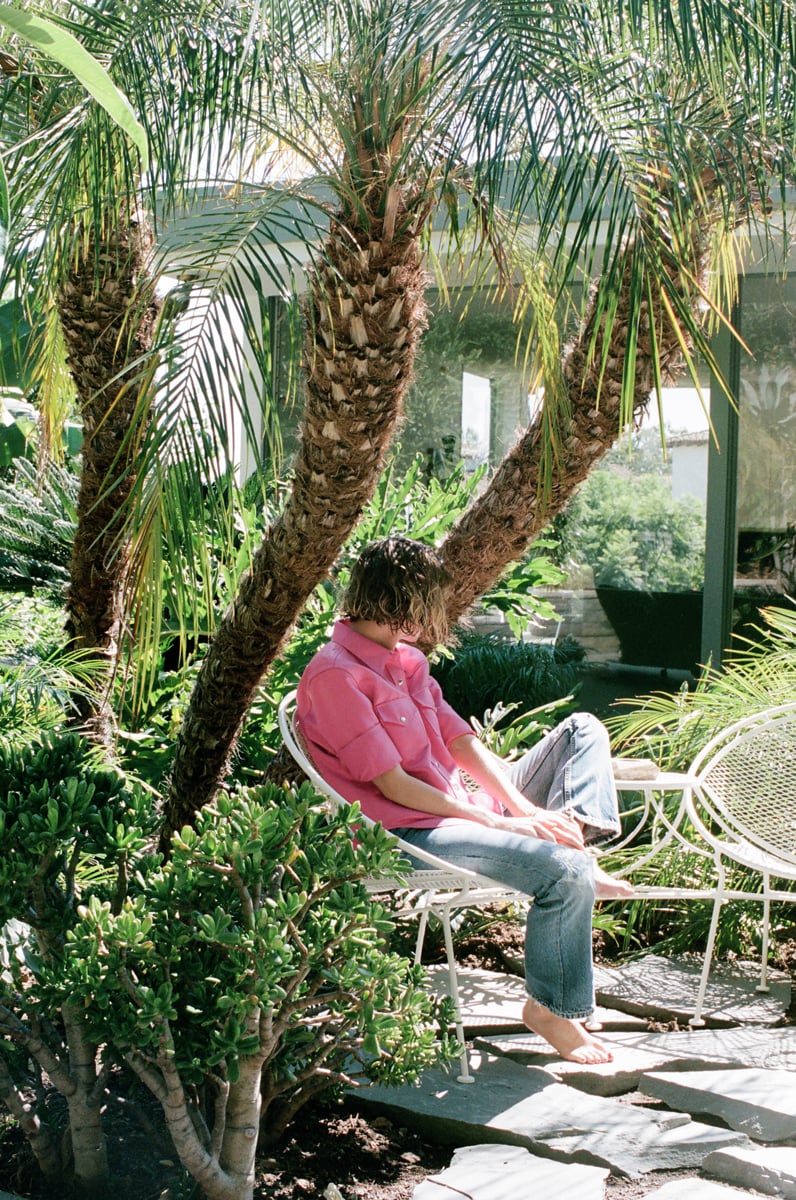
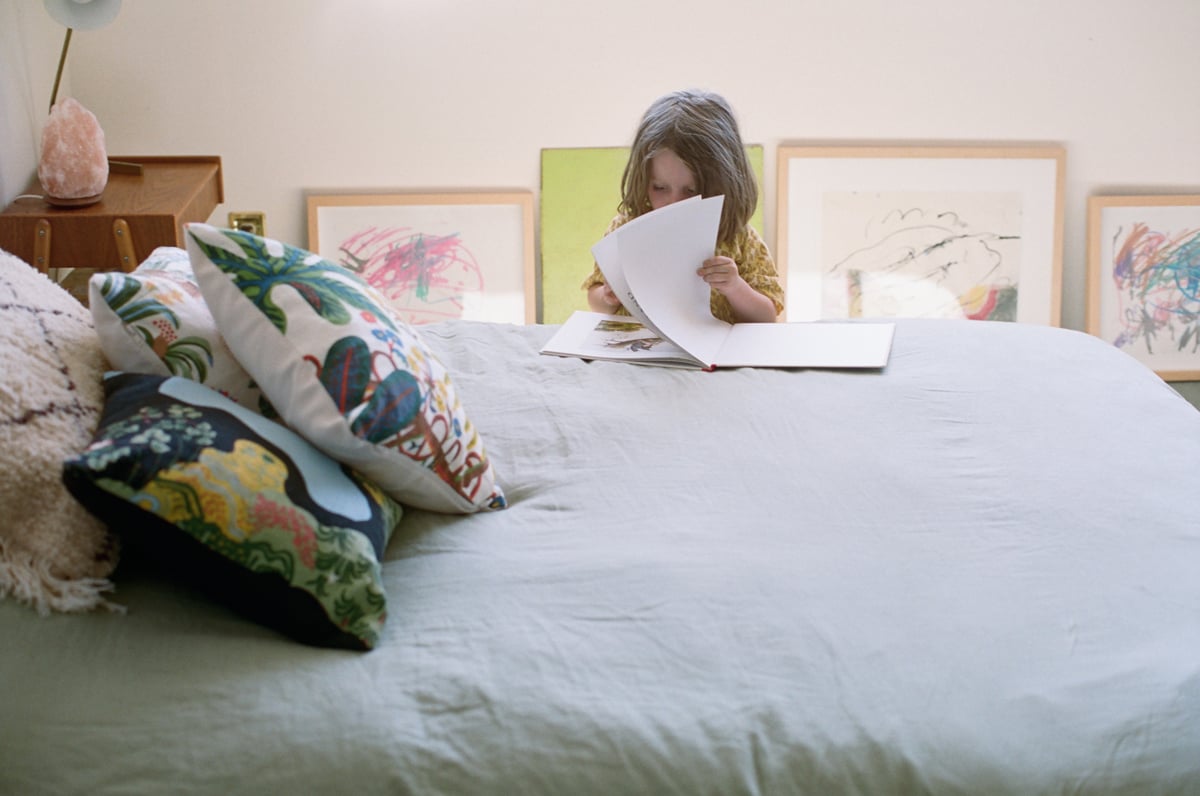
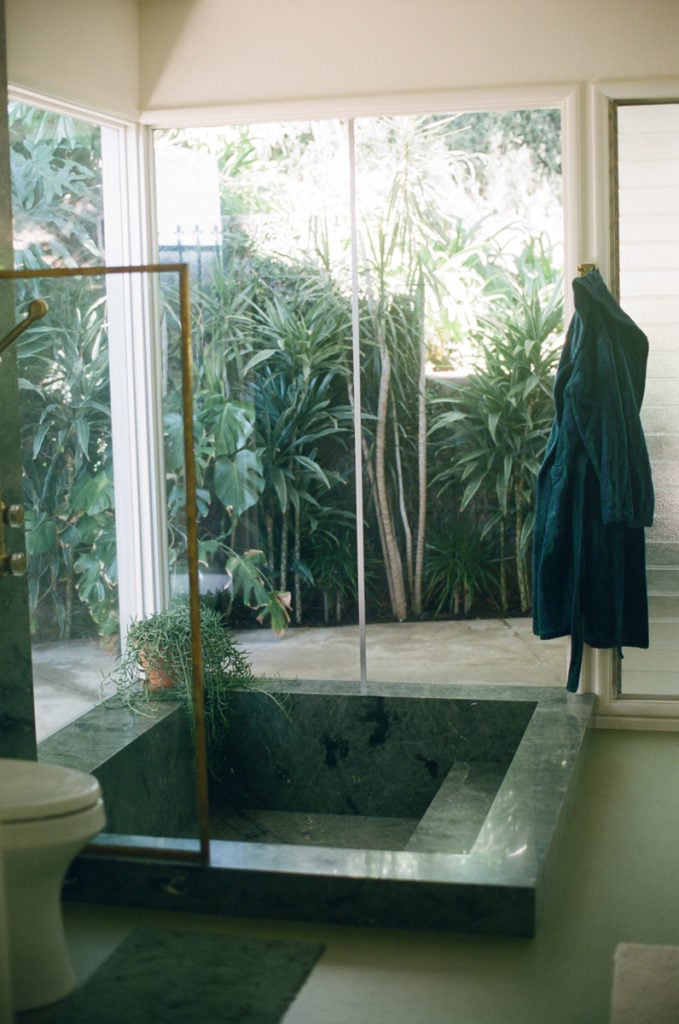
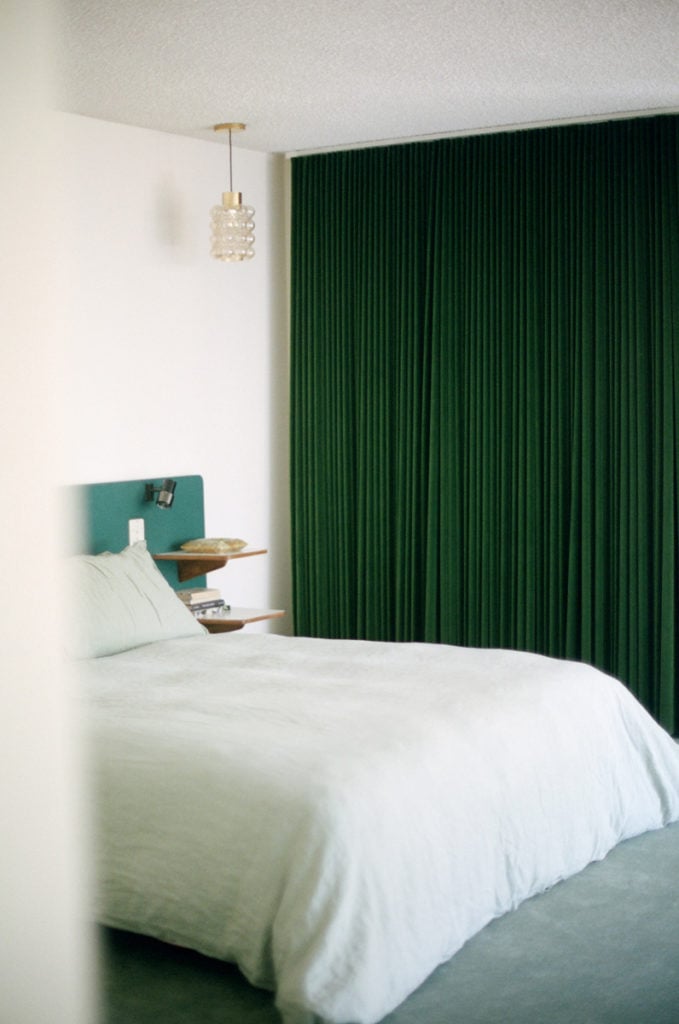
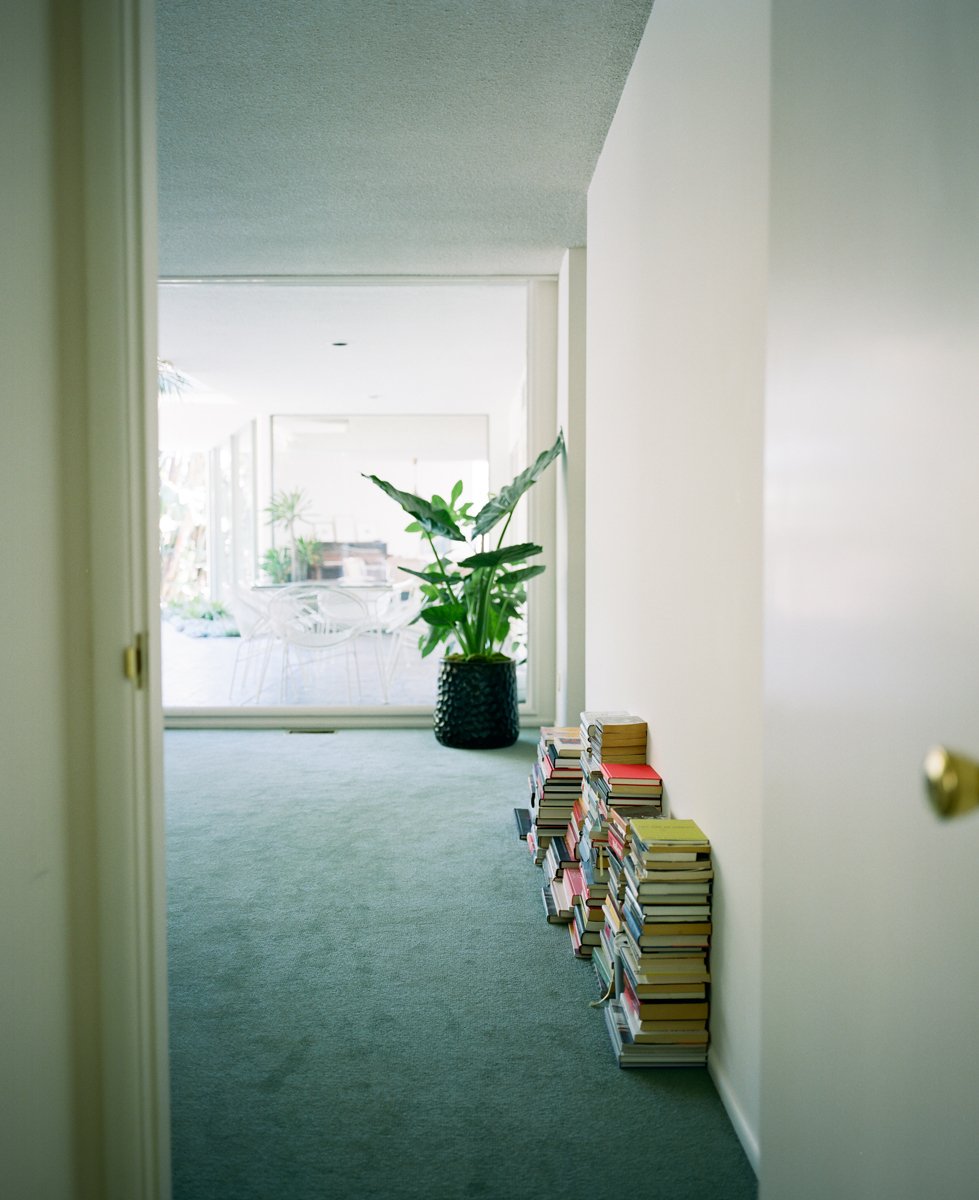
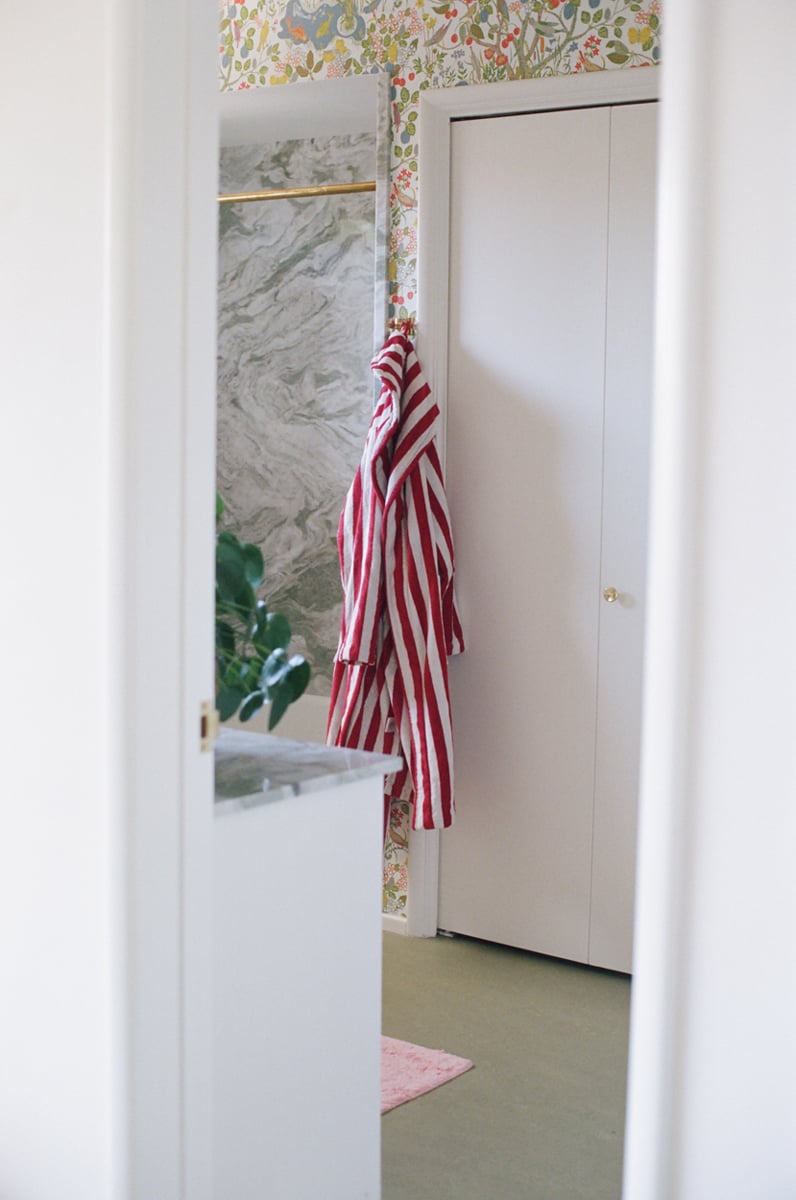
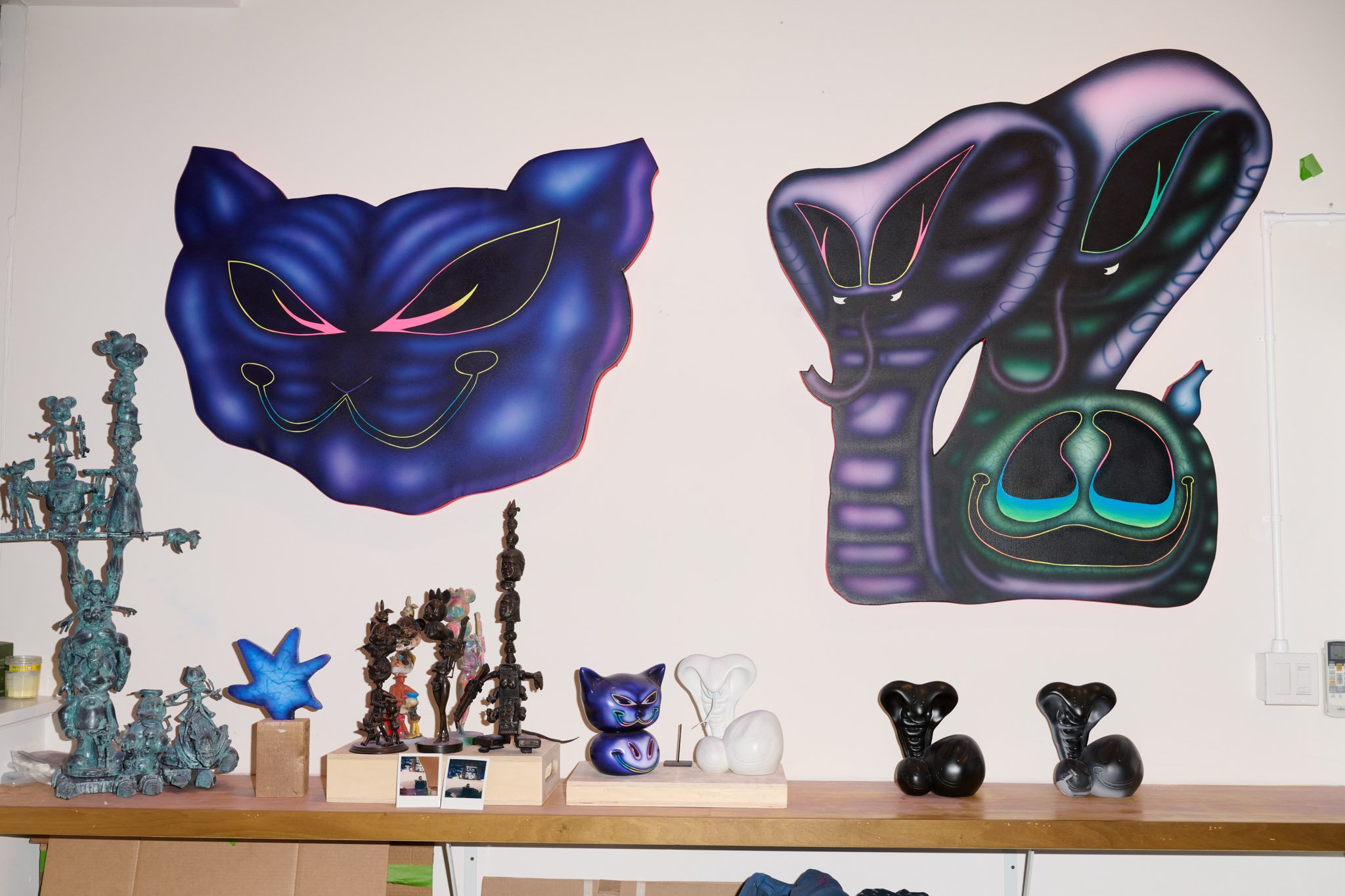
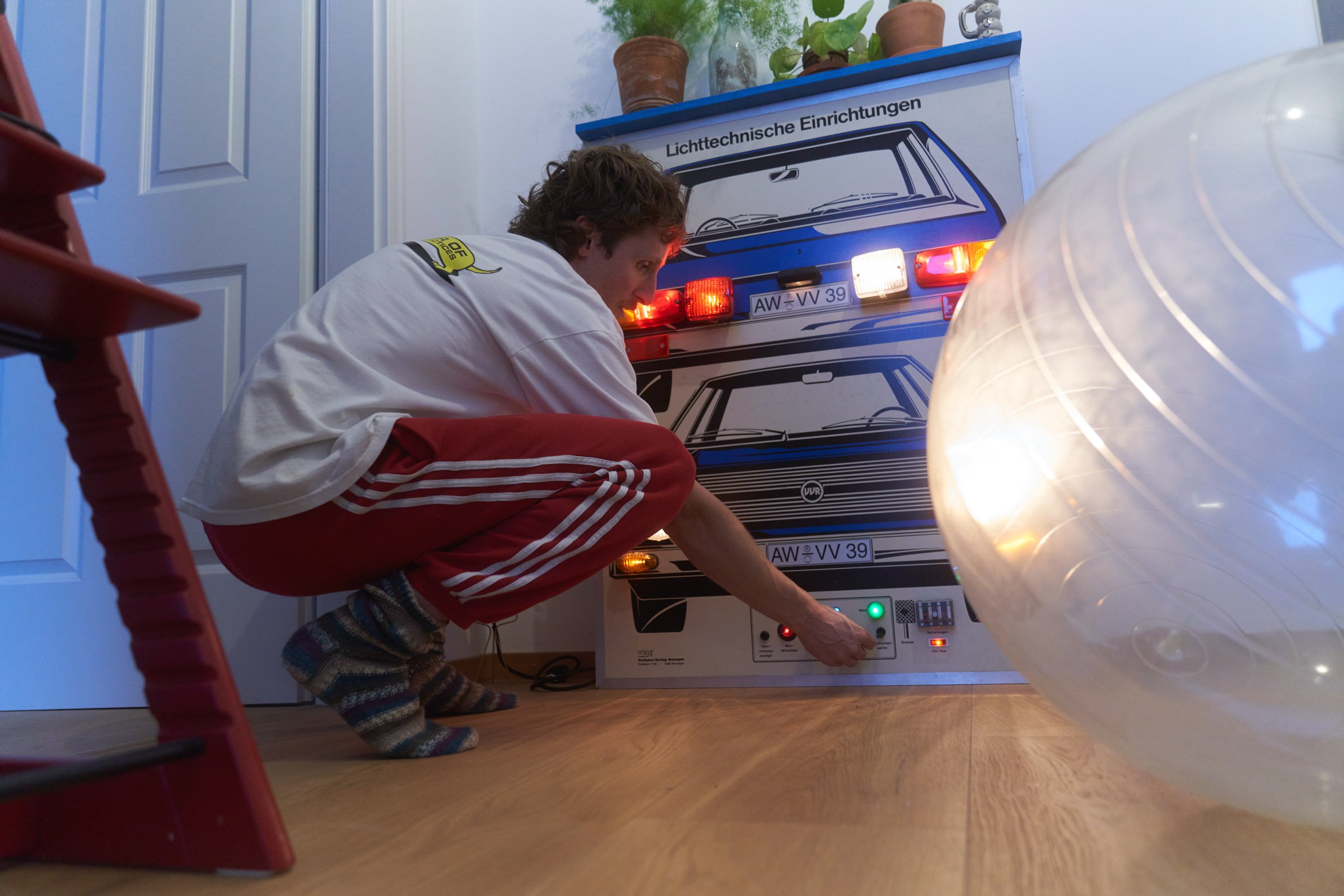
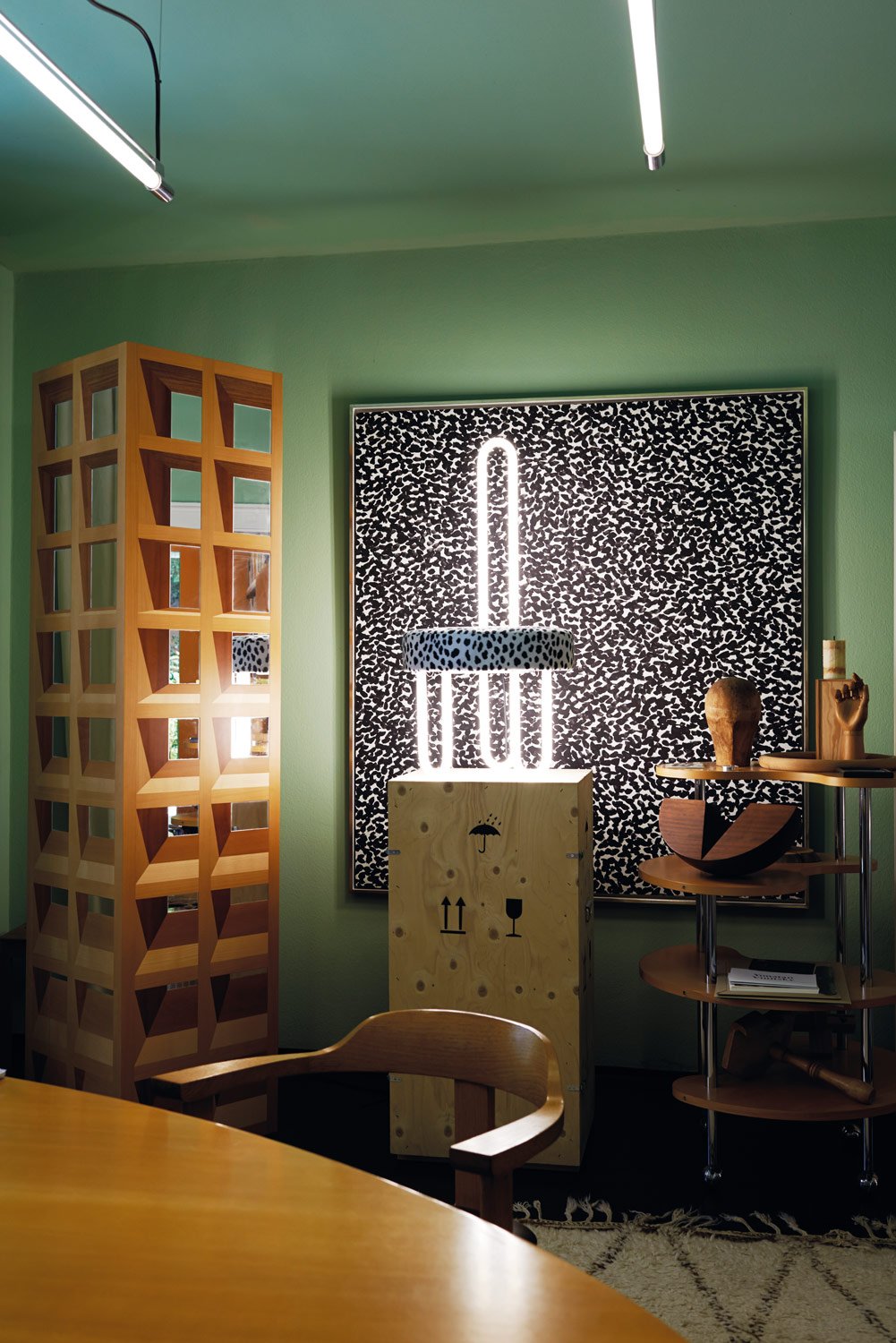
 close
close



